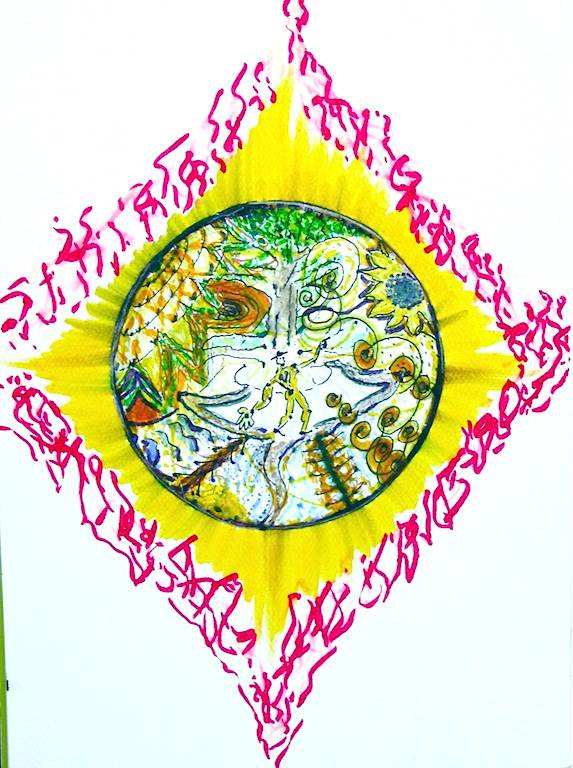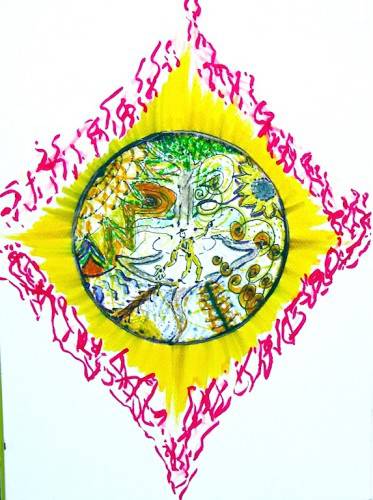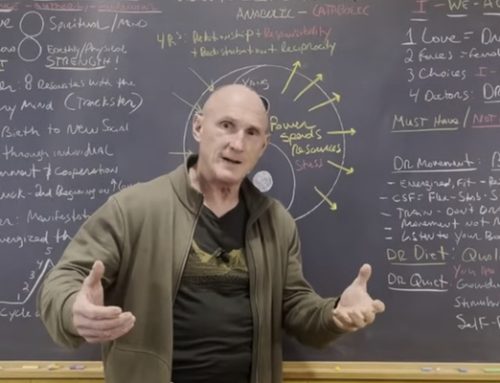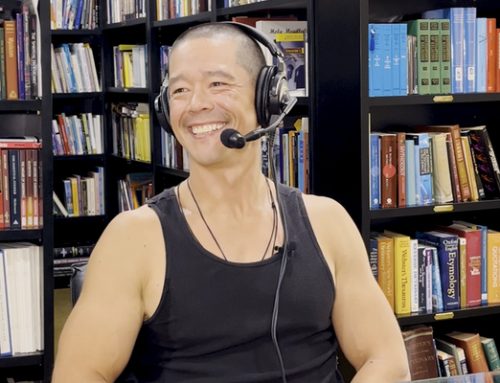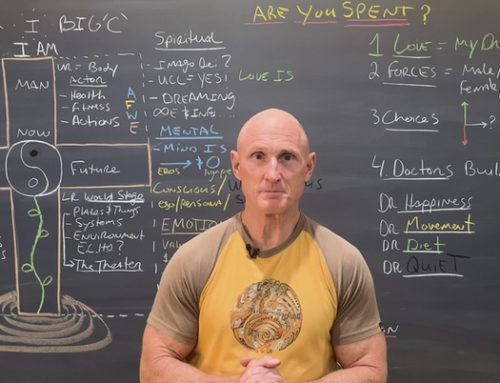Happy Thursday,
It’s been a great week so far. One of my favorite client’s is here working with me for three days. I really love the work that I do. Having clients like mine who are serious about their health, happiness and success is a great privilege for me. They are generally receptive and when they apply the strategies designed especially for them, we see phenomenal results!
Yesterday we started the day with a fantastic PPS Call with lots of very good questions. My client arrived just in time to sit in on the call before we began our day together. We concluded our day with a delicious Vidya “meal”, something that we were both ready for. Today I’ll do some body balancing and address his many questions about life, love and health. Its a great day!
I thought you might like to contemplate the following Tao-Te-zen sutra: Rats Healthy Can Eat your Garbage
Did you know?
That rats fed wheat grown on cow dung
Were 24% larger, heavier, and healthier
Than rats fed on wheat given chemical fertilizer
And still much bigger and healthier
Than rats fed on wheat given none.
TAO-TE-zen practice is
One of awareness in action
Zen is the most efficient way
The most efficient way
Is facilitating a natural sharing
Recycling your ends
As food for the others’ needs.
In zen—nature—we are all One
Rats healthy can eat your garbage
And stay that way
That is zen.
Let’s expand on that a little.
Zen is the practice of living in tune with nature. One who lives zen, eats zen. Eating zen means eating foods which are harmonious with our bodies that are clean, vital, healthy foods.
What would be in the garbage can of a true TAO-TE-zen practitioner other than the remains of organic foods, healthy foods?
“Rats Healthy Can Eat your Garbage” is a message that when you live the TAO-TE-zen philosophy, even the vermin of the world, the creatures, the decomposers can eat your remains and maintain their own level of high vitality because the remains of something good are still good.
If your garbage makes rats sick, consider that a rat is a much more durable creature at large than a human being, so if your garbage is making the rats sick, how sick must it be making you?
Based on the research of Sir Robert McCarrison, who did studies where rats were fed three different kinds of wheat: wheat grown with cow manure, wheat grown with nothing just planted in the ground as it is, and wheat grown with chemical manure.
[amazon-product align=”left”]1171543891[/amazon-product]
McCarrison showed that the rats fed wheat grown with cow manure on average were 24% heavier than the rats grown with wheat fed chemical manure or chemical fertilizer, and were still significantly heavier than rats grown on wheat just planted in the ground and not touched.
This shows us that what is considered to be waste, something that people often want nothing to do with, don’t even want to touch it or smell it, poop, is actually a very valuable form of nutrition for the plants.
When this kind of waste is given to plants, they produce much, much more nutritious food, and therefore the 24% increase in body weight and size and vitality could be seen as the manifestation of the concentration of nutrition that came by way of the ground or the soil being healthier and therefore raising healthier wheat.
We go on into our TAO-TE-zen practice, which says, “TAO-TE-zen practice is one of awareness in action,” being aware, having an open mind.
“Zen is the most efficient way” not wasting, but yet not negating the opportunity to enjoy life.
“The most efficient way is facilitating a natural sharing, recycling your ends as food for the others’ needs.”
It means using natural manure and saving bottles and cans and recycling and it means that we compost food. We don’t just throw the remains in the garbage.
We share with nature in the best, most effective way we can so that our ends can become a means for another. Therefore we support the entire web of nature.
“In zen—nature—we are all one.” We are inextricably woven into the fabric of nature. When human beings separate themselves from nature is when lots of interesting challenges begin.
Fifty percent of school children alive today have never seen a farm animal with their own eyes.
The largest percentage of the population doesn’t even know where their food comes from, does not have any idea whether the animals were treated ethically or unethically, slaughtered in an ethical environment or an unethical environment, fed real food or toxic garbage.
That is to be disconnected from nature.
To the degree that we disconnect from nature, we suffer the natural challenges that a child would suffer if disconnected from its mother’s breast. Nature is the mother and she is the metaphorical breast.
When we abuse the mother, we abuse ourselves. “In zen nature we are all One.”
We are all sharing the same breath, the same water, the same planet, the same plants and animals, the same soil, the same life.
“Rats healthy can eat your garbage and stay that way. That is zen.” Healthy food means healthy garbage.
Sharing means balance, equality, friendship among all.
That is zen.
Love and chi,
Paul Chek
